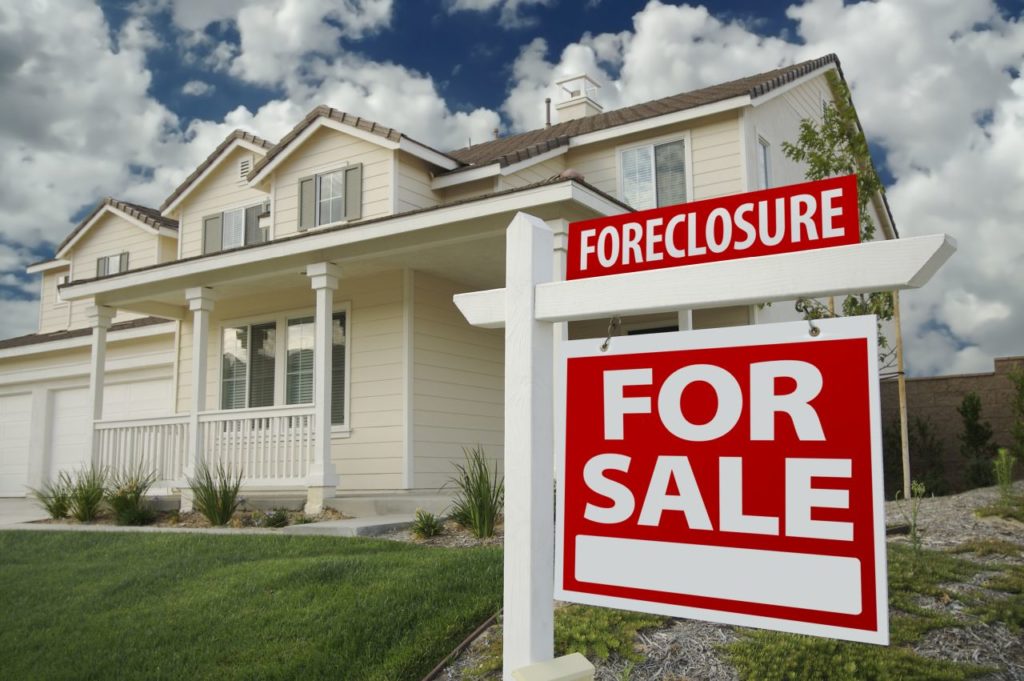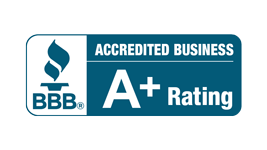Foreclosure in Ohio
What is the foreclosure process in Ohio?
Foreclosure is the legal process to take your home away from you. This can happen when you fall behind on your mortgage payments or when you fail to pay your real estate taxes. Foreclosure lawsuits in Ohio require that you be notified by the Court, and given an opportunity to fight the foreclosure.
Unless you can pay all of the missed payments, or you choose to file bankruptcy to stop the foreclosure sale and catch up the missed payments over up to 5 years, you will lose your home. Even worse, you could still owe the mortgage debt left over after the sale proceeds are used to pay court costs and real estate taxes.

What can you do when you are sued for foreclosure in Ohio?
You have several options. Comparing them properly and choosing the one that is best for your needs can be difficult. It’s best to consult a qualified attorney to help you figure out your best course of action.
You need to review, at a minimum, the following options:
- Loan modification.
- Selling the property to pay the debt.
- Apply for a “short sale” with the lender in a conventional mortgage foreclosure
- Filing bankruptcy to stop the sale, and get up to 5 years to catch up missed payments.
How long does it take to foreclose on your house?
There is no definite time. How long a foreclosure in Ohio takes depends on many factors. Ohio is a Judicial Foreclosure state. This means that you have to be sued in court in order for them to take your home away from you.
In larger metropolitan cities, like Cleveland, Columbus and Cincinnati, the foreclosure process takes longer, sometimes over a year. In more rural counties, it can take only a few months. Normally, you can check the status of a foreclosure lawsuit by logging on to the website for the Common Pleas Court for the county where the real estate is located.
Do I have to respond to the foreclosure complaint? It says I have 28 days to file an answer.
No. You are not required to file an answer, which is a written response to the lawsuit. However, even if you know that you are behind, as stated in the lawsuit, there are advantages to filing an answer.
When you file an answer, you almost always prevent the issuance of a “default” judgment against you. And, you get more time to figure out your strategy to respond to the foreclosure. And, by filing an answer, you may be able to participate in a court ordered mediation to see if there is some kind of agreement you might be able to reach to resolve the debt you owe and prevent loss of your home.
What happens if I don’t respond to the foreclosure lawsuit?
When you fail to file an acceptable answer, this allows the court to issue a Default Judgment against you. Once a judgment has been granted against you, the next step is for your property to be listed for sale.
When will my home be sold? When will I have to move out?
Once the court orders your home sold, it will be advertised for at least three weeks in the newspaper, and then will be sold at a sheriff’s sale or an online auction. In order for you to know which kind of sale applies to you, you can look up the legal papers filed in court on the court’s website.
Why do they want to take my home away from me? Why won’t they work with me?
After a foreclosure suit has been filed, the odds that they will work with you are almost zero. One the case is filed in court, as a practical matter, the only thing that will stop the sale of your home will be payment in full, or filing a bankruptcy case.
Although it may be that some homeowners would pay the debt over time if given an opportunity to do so, it seems that the creditors, whether it’s the mortgage company or the taxing authorities have decided that they will get paid more quickly if they proceed to sell your home. They will almost never work with you after a foreclosure has been filed.
What can I do to stop the sale of my home?
Unless you can pay or get some kind of agreement, the best way is probably to file bankruptcy. Bankruptcy will stop a foreclosure so long as you file before the sale date. Filing bankruptcy to stop foreclosure on your home will give you up to 5 years to catch up missed payments. And, in many of the Chapter 13 bankruptcy cases I file, we also wipe out 99% of all other debt at the same time. This frees up money so that you can afford to save your home from foreclosure.
Summary
Foreclosure is the legal process used by mortgage creditors and taxing authorities to sell your home at auction.
Foreclosure in Ohio is a legal process which requires that you are sued in court, and you have the right to contest the foreclosure lawsuit by filing an answer in the lawsuit.
Unless you can prove you are not behind, or come to some kind of an agreement to get current (very unlikely once a foreclosure suit is filed against you) then the most practical way to stop a foreclosure lawsuit is to file bankruptcy.
Bankruptcy forces the creditor to stop the foreclosure, and gives you up to five years to catch up missed payments, and can wipe out up to 99% of all your other debt in the process, making it more likely that you will be able to afford to keep your home.
Foreclosure Services
Legal Services
Quick Reference
Get Your Free Consultation And Review All Your Options
Start your financial recovery now with a free consultation after completing our online evaluation form.
Useful Calculators
Here are two helpful calculators for managing your debt repayments and Chapter 13 commitments.


